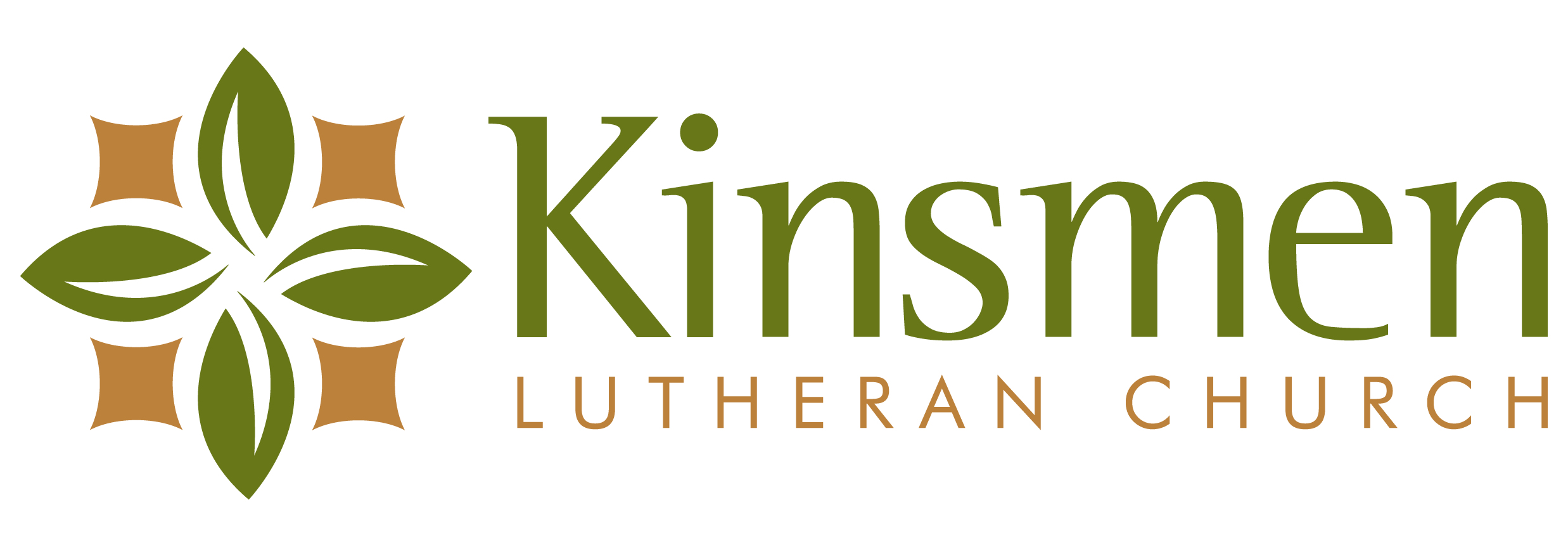Want to Know More?

WE ARE LUTHERAN
The Evangelical Lutheran Church in America’s Presiding Bishop Elizabeth Eaton talks about what it means to be a Lutheran in this 2018 Synod Assembly video, We are Lutheran. This video is also available in Spanish: Somos luteranos.
Who is Jesus Christ?
The man, Jesus of Nazareth, lived and died in Palestine during the governorship of the Roman administrator Pontius Pilate; we believe him to be the Messiah chosen by God to show his love for the world. He is God, yet with all the limitations of being human. His relationship to God, however, was not one of sin but rather of perfect obedience to the Father’s will. For the sake of a sinful world, Jesus was condemned to death on the cross.
But death could not contain him. On the third day after his execution, the day Christians observe as Easter, Jesus appeared among his followers as the risen, living Lord. By this great victory God has declared the Good News of reconciliation. The gap between all that separates us from our Creator has been bridged. Thus, Christ lives today wherever there are people who faithfully believe in him and wherever the Good News of reconciliation is preached and the Sacraments administered.
What is the Church?
The church is essential to Christian life and growth. Its members are all sinners in need of God’s grace. It has no claim on human perfection. The church exists solely for the hearing and doing of God’s Word. It can justify its existence only when it proclaims the living Word of Christ, administers the Sacraments and gives itself to the world in deeds of service and love. Most Lutherans recognize a wider fellowship of churches and are eager to work alongside them in ecumenical ministries and projects.
Why a Lutheran Church?
What started as an academic debate escalated to a religious war, fueled by fiery temperaments and violent language on both sides. As a result, there was not a reformation of the church but a separation. “Lutheran” was a name applied to Luther and his followers as an insult but adopted as a badge of honor by them instead.
Lutherans still celebrate the Reformation on October 31 and still hold to the basic principles of theology and practice espoused by Luther, such as Sola Gratia, Sola Fide, Sola Scriptura:
*We are saved by the grace of God alone — not by anything we do;
*Our salvation is through faith alone — we only need to believe that our sins are forgiven for Christ’s sake, who died to redeem us;
*The Bible is the only norm of doctrine and life — the only true standard by which teachings and doctrines are to be judged.
Another of Luther’s principles was that Scriptures and worship need to be in the language of the people.
Many Lutherans still consider themselves as a reforming movement within the Church catholic, rather than a separatist movement, and Lutherans have engaged in ecumenical dialogue with other church bodies for decades. In fact, the Evangelical Lutheran Church in America has entered into cooperative “full communion” agreements with several other Protestant denominations.
Luther’s Small Catechism, which contains teachings on the Ten Commandments, the Apostles’ Creed, the Lord’s Prayer, Holy Baptism, Confession and Absolution, Holy Communion and Morning and Evening Prayers, is still used to introduce people to the Lutheran faith, as is the Augsburg Confession.
The Bible
The New Testament is the first-hand proclamation of those who lived through the events of Jesus’ life, death, and Resurrection. As such, it is the authority for Christian faith and practice. The Bible is thus not a definitive record of history or science. Rather, it is the record of the drama of God’s saving care for creation throughout the course of history.
Creation
Human beings have a unique position in the order of creation. As males and females created in God’s image, we are given the capacity and freedom to know and respond to our creator. Freedom implies that we can choose to respond to God either positively or negatively.
The Question of Sin
Sacraments
In Baptism, and it can be seen more clearly in infant Baptism, God freely offers his grace and lovingly establishes a new community. It is in Baptism that people become members of Christ’s Body on earth, the Church. In Holy Communion — often called the Lord’s Supper or the Eucharist — those who come to the table receive in bread and wine the body and blood of their Lord. This gift is itself the real presence of God’s forgiveness and mercy, nourishing believers in union with their Lord and with each other.
Life after Death
This of course is a great mystery, and no description of what life may be like in any dimension beyond history is possible. Anxiety for the future is not a mark of faith. Christians should go about their daily tasks, trusting in God’s grace and living a life of service in his name.

